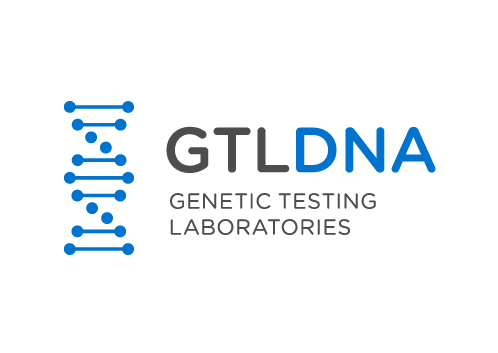About this Test:
Due to the variety of breeds and diseases the laboratory is able to test for, kindly contact us with details of the breed and type of test you are looking for so we can advise and quote accordingly.
The health of your dog is paramount! But many dog breeds are vulnerable to a number of genetic diseases. These diseases get passed down the generations from the parent to the progeny – some of these disorders are life-threatening. Wouldn’t you want to know if your dog is genetically susceptible to a potentially fatal disease? Thanks to advances in technology we are able to provide dog inherited disease testing which will detect genetic susceptibilities to certain diseases in specific dog breeds.Our canine disease testing service starts from just £55 for the first test and £25 for each additional test ordered for the same canine at the same time. Results are ready in 10 working days from receipt of samples at the laboratory.
Why is it Necessary to get your Dog Tested?
If you are a dog breeder, then you know that responsible buyers will only select dogs that are free from predisposition to genetic diseases. By testing your dog, the presence of any hereditary disease causing genes can be detected. It is in the interest of any dog breeder to try and avoid mating dogs with potentially devastating diseases. But such diseases can only be detected through dog DNA testing.
The dog diseases tests GTL offers includes:
Degenerative Myelopathy: A degenerative disease of the dog’s spinal cord in which muscles of the leg become weak, finally leading to paraplegia.
Cataract: Clouding in the lens of the eyes resulting from a breakdown of protein within the eyes. This usually leads to the inability to see clearly, and potentially blindness.
Uric Acid DNA Test: This test detects hyperuricosuria, which is an increase in the level of uric acid in urine. It is also an autosomal recessive inherited disorder whereby disease stones are formed in the bladder.
Centronuclear Myopathy: Labrador Retrievers are likely to suffer from centronuclear myopathy, which is an inherited autosomal recessive disorder. The dogs suffer from weight gain, weight loss, and exercise intolerance.
Cystinuria: This is also an inherited autosomal recessive condition in which cystine stones are formed in the bladder, kidneys and ureter, causing urinary tract blockage, blood in urine, frequent urination, and numerous infections. These are more common in Dachshunds, Chihuahuas, Newfoundlands, etc.
Exercise Induced Collapse (EIC) : Dogs clinically affected by Exercise Induced Collapse (EIC) will often begin to exhibit leg weakness followed by a complete collapse after just 5 to 15 minutes of strenuous activity.
Hereditary Nasal Parakeratosis (HNPK) in Labrador Retrievers: HNPK affected dogs will develop dry, rough crusts on the tip of the nose. In extreme cases, the dog’s nose will crack causing severe discomfort.
Multidrug Resistance 1 (MDR1): MDR1 affected dogs are at risk of developing neurologic symptoms from several common drugs.
Progressive Retinal Atrophy, Progressive Rod-Cone Degeneration (PRA-prcd): PRA-prcd is inherited as an autosomal recessive disease. Degeneration of both rod and cone photoreceptor cells of the retina of PRA-prcd affected dogs usually occurs 3 to 5 years of age or later.
Results for your Canine Disease Test:
Results will show one of the 3 possible outcomes:
- Clear (those having 2 copies of the normal allele and appear to be normal).
- Carrier (those having 1 copy of the normal allele and 1 copy of the mutation and most appear to be normal).
- At risk (those having 2 copies of the mutation and will likely show clinical signs.)
Order Now
